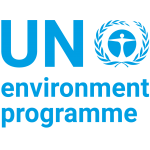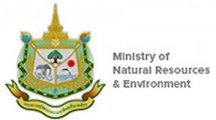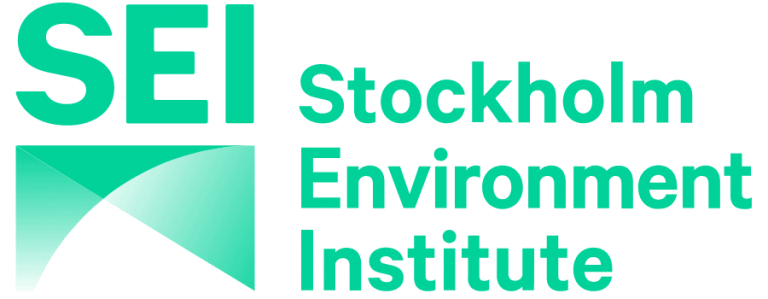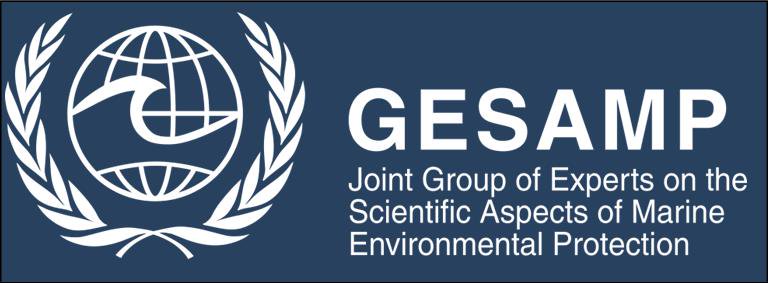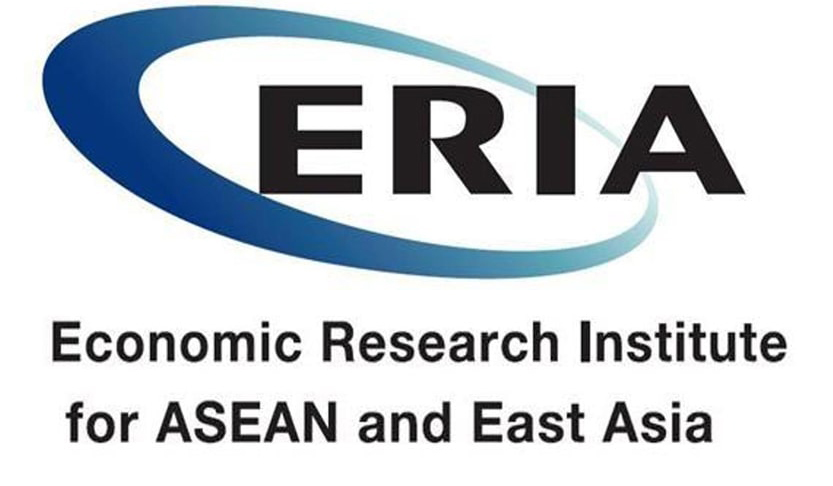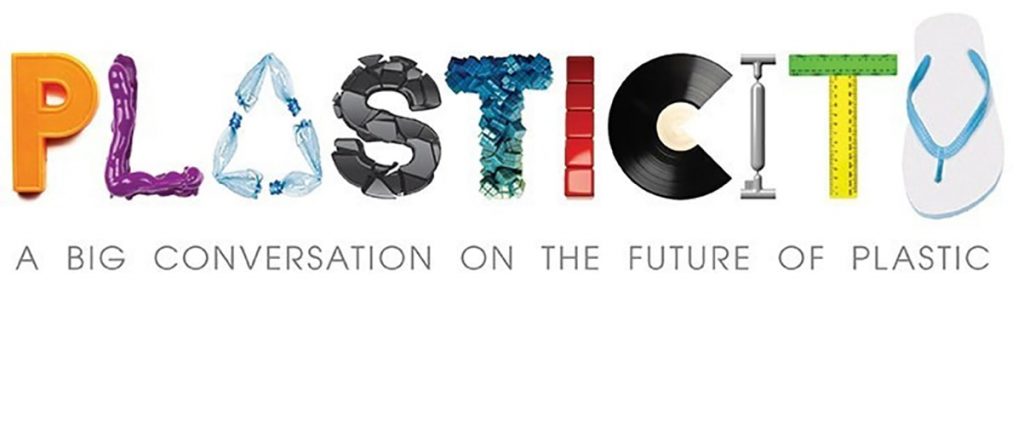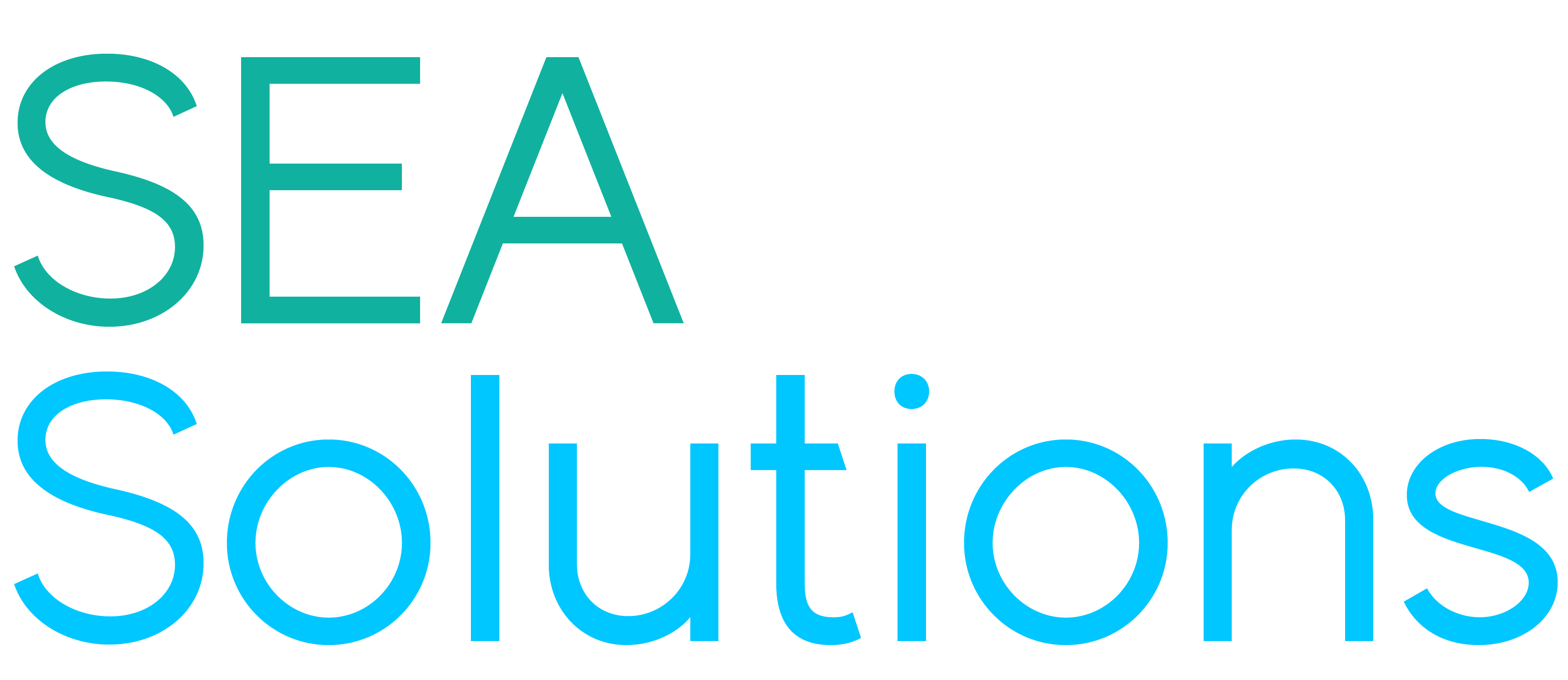


Partners and hosts


United Nations Environment Programme (UNEP)
The United Nations Environment Programme (UNEP) is the leading global environmental authority that sets the global environmental agenda, promotes the coherent implementation of the environmental dimension of sustainable development within the United Nations system, and serves as an authoritative advocate for the global environment. It provides leadership and encourages partnership in caring for the environment by inspiring, informing, and enabling nations and peoples to improve their quality of life without compromising that of future generations. UNEP’s work maintains an overarching commitment to sustainability and is categorized into seven broad thematic areas: climate change, disasters and conflicts, ecosystem management, environmental governance, chemicals and waste, resource efficiency, and environment under review.
The Coordinating Body on the Seas of East Asia (COBSEA)
The Coordinating Body on the Seas of East Asia (COBSEA) oversees the implementation of the East Asian Seas Action Plan, adopted in 1981 and revised in 1994. The East Asian Seas Action Plan brings together nine countries – Cambodia, People’s Republic of China, Indonesia, Republic of Korea, Malaysia, the Philippines, Thailand, Singapore and Vietnam – in development and protection of the marine environment and coastal areas of the region, for the health and wellbeing of present and future generations. Specifically, efforts are focused on addressing land-based marine pollution; strengthening marine and coastal planning and management; and sharing marine environmental management experiences and policies towards strengthened regional governance.
Government of Sweden
The Swedish International Development Cooperation Agency, Sida, is a government agency working on behalf of the Swedish parliament and government, with the mission to reduce poverty in the world. Through its work and in cooperation with others, Sida contributes to implementing Sweden’s Policy for Global Development (PGU). Sida carries out enhanced development cooperation with a total of 35 countries in Africa, Asia, Europe and Latin America. It assists the government in deciding and implementing its development assistance policy. Sida participates in advocacy work for Sweden’s prioritized issues within the international development cooperation field and is in constant dialogue with other countries and international organizations.
The Ministry of Natural Resources and Environment, Government of Thailand (MONRE)
The Ministry of Natural Resources and Environment (MONRE), Government of Thailand was founded in 2002 with the vision “to return the natural environment to the Thai people and to work towards the incorporation of natural resources and the environment in the Government’s national agenda as these provide the basis for social and economic development”. The MONRE vision supports proactive integration of the administrative management of natural resources, environmental protection, and biological diversity, based on the principles of public participation and good governance. Pollution control and elimination to promote public wealth and quality of life are also encouraged.
Stockholm Environment Institute (SEI)
The Stockholm Environment Institute (SEI) is an international non-profit research and policy organization that tackles environment and development challenges. SEI connects science and decision-making to develop solutions for a sustainable future for all. Its work spans climate, water, air and land-use issues, governance, the economy, gender and health. Stakeholder involvement is at the heart of SEI’s efforts to build capacity, strengthen institutions and equip partners for long-term change. SEI’s knowledge and findings are accessible to decision-makers and civil society: as its own open access material, in leading academic journals, and repackaged for effective decision support.
The National University of Singapore (NUS)
The National University of Singapore (NUS) was founded by a determined group of businessmen led by Tan Jiak Kim in 1905, to serve the needs of the local community. Now, more than 100 years on, as Singapore’s flagship university, it continues to be in service of country and society. NUS aspire to be a vital community of academics, researchers, staff, students and alumni working together in a spirit of innovation and enterprise for a better world. Its singular focus on talent is the the cornerstone of a truly great university that is dedicated to quality education, influential research and visionary enterprise, in service of country and society.
Partners
UN Economic and Social Commission for Asia and the Pacific (ESCAP)
The Economic and Social Commission for Asia and the Pacific (ESCAP) serves as the United Nations’ regional hub promoting cooperation among countries to achieve inclusive and sustainable development. The largest regional intergovernmental platform with 53 Member States and nine associate members, ESCAP has emerged as a strong regional think-tank offering countries sound analytical products that shed insight into the evolving economic, social and environmental dynamics of the region. The Commission’s strategic focus is to deliver on the 2030 Agenda for Sustainable Development, which is reinforced and deepened by promoting regional cooperation and integration to advance responses to shared vulnerabilities, connectivity, financial cooperation and market integration. ESCAP’s research and analysis coupled with its policy advisory services, capacity building and technical assistance to governments aims to support countries’ sustainable and inclusive development ambitions.
Group of Experts on the Scientific Aspects of Marine Environmental Protection
The Joint Group of Experts on the Scientific Aspects of Marine Environmental Protection (GESAMP) is an advisory body, established in 1969, that advises the UN system on the scientific aspects of marine environmental protection. GESAMP is jointly sponsored by ten UN organizations with responsibilities relating to the marine environment. These organizations utilize GESAMP as a mechanism for coordination and collaboration among them. GESAMP functions are to conduct and support marine environmental assessments, to undertake in-depth studies, analyses, and reviews of specific topics, and to identify emerging issues regarding the state of the marine environment. GESAMP itself today consists of 17 experts, drawn from a wide range of relevant disciplines, who act in an independent and individual capacity. Studies and assessments are usually carried out by dedicated working groups, most of whose members are not sitting members of GESAMP but part of the broader GESAMP network.
Economic Research Institute for ASEAN and East Asia (ERIA)
The Economic Research Institute for ASEAN and East Asia or ERIA is an international organization established in Jakarta, Indonesia in 2008 by a formal agreement among Leaders of 16 countries in the East Asian region to conduct research activities and make policy recommendations for further economic integration in the East Asia. ERIA works very closely with both the ASEAN Secretariat and 16 Research Institutes to undertake and disseminate policy research under the three pillars, namely Deepening Economic Integration, Narrowing Development Gaps, and Sustainable Development. ERIA provides analytical policy recommendations to leaders and ministers at their regional meetings. The ERIA Research Institutes Network consists of research institutes from 16 East Asia Summit countries.
Plasticity is a one-day intensive collaboration of business leaders and industry influencers, Plasticity sparks the conversations that ignite world-changing initiatives. Utilising a “Ted-Talks” style format, Plasticity introduces practical sustainability concepts that are relevant to today’s business world, and showcases new market opportunities for transforming plastic waste into valuable second-life resources. Plasticity is much more than a conference; it’s a global movement of informed eco-optimism, fuelled by exciting new circular economic thinking and ground-breaking technological advances. Since its inaugural forum in 2012 at the Rio+20 Earth Summit, Plasticity has been conducted in Hong Kong, New York, Lisbon, Shanghai, London, Dallas, Los Angeles, Sydney, Kuala Lumpur, Suva and Amsterdam. Now, the 13th Global Plasticity Forum is coming to Thailand, with local and international speakers, presentations, panels, networking opportunities, and lots of ideas.
